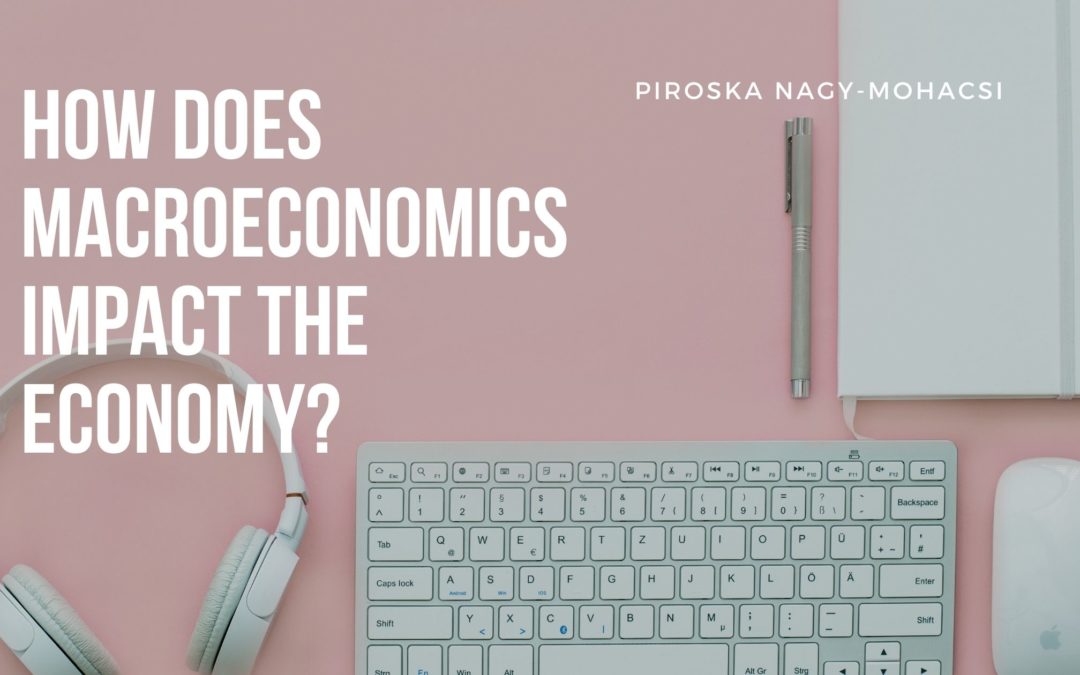Macroeconomics focuses on the performance of economies and how policy decisions both at home and abroad can affect the overall health of an economy. Whereas microeconomics focuses on individual and business decisions within an economy, macroeconomics is concerned with overarching government (both federal and local) decisions and how those decisions change the economy. You could think of it as microeconomics being a more “bottom-up” study while macroeconomics is more of a “top-down” approach.
Both of micro and macroeconomics affect the economy in numerous ways, and while they seem very different in their approach, they are also very interrelated. In the world right now, there has been rapid, global economic change because of changing demographics, wealth, technology, and climate. These changes have been swift and they are all still viable today. The resulting change has caused uneven economic growth with most of the world’s poor becoming poorer and much of the world’s rich becoming richer. The following is a description of how five macroeconomic principles affect economies around the world.
Fiscal Policy
Fiscal policy is how a country or government creates the framework for which economic decisions will be made. There are policies concerning debt, trade, credit, funding sources, and public spending that affect how a country runs and how they interact in the world.
Climate Change
Some governments write policies concerning climate change and take into account the “give and take” nature of living on planet earth. For instance, some policies could make fiscal sense but would aid in destroying the climate. Countries that are less concerned about the environment focus solely on fiscal decisions at the expense of climate change.
Debt
Debt is an important financing tool that wealthier countries have more access to than poorer countries. Places like the US can take on debt to fund projects around the country with the thought that the debt would be paid off at a future date.
Technology
Technology continues to improve at a rate that nobody could have predicted. Wealthier, more-advanced countries are seeing the benefit of this technology in their economies, especially in the midst of a global pandemic.
Trade
Trade policies that are beneficial to one country may not be for another, and domestic policy in a larger country, like the US, could have huge economic implications for a smaller neighbor. For instance, while countries like Haiti used to be net exporters of sugar, farm subsidies in America have made it cheaper to import sugar from America rather than producing their own. This is a small example of a larger issue.
